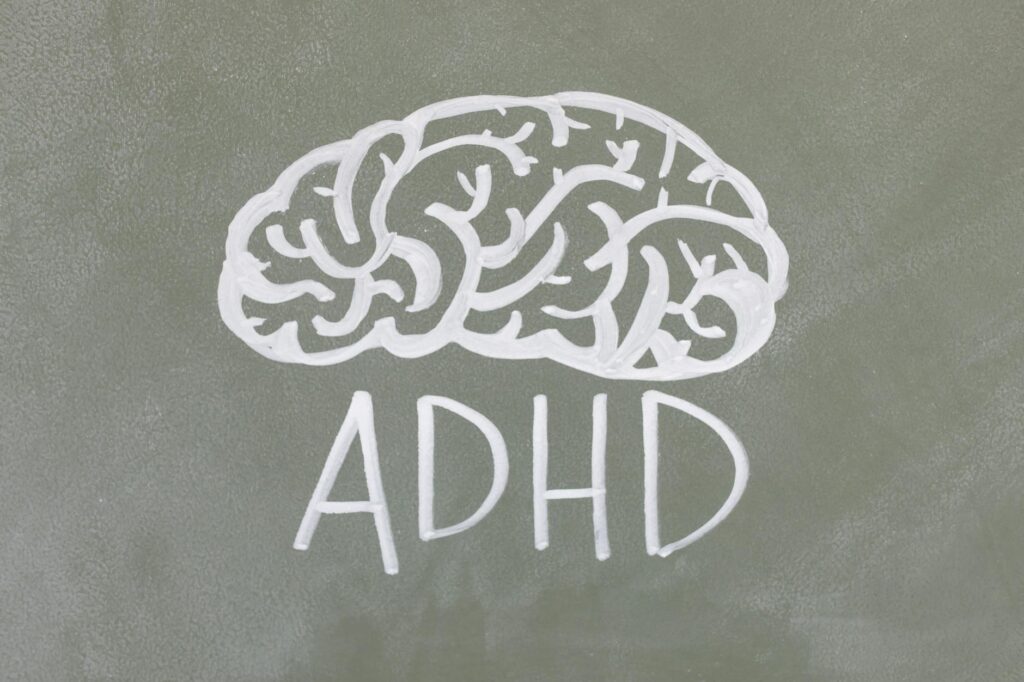What is neurotransmitters?

What is neurotransmitters?
Neurotransmitters are essential chemical messengers in our bodies that facilitate communication between nerve cells. They play a vital role in regulating various functions, including mood, cognition, and behavior. Understanding neurotransmitters can help us appreciate how our brains function and how they impact our everyday lives.
What are Neurotransmitters?
At their core, neurotransmitters are chemicals that transmit signals across a synapse from one neuron to another. Imagine them as the postal workers of the nervous system, delivering messages that instruct the body on how to act. When a nerve impulse reaches the end of a neuron, neurotransmitters are released and travel across the synapse to bind with receptors on the neighboring neuron, conveying the message. This process is crucial for everything from muscle contraction to emotional regulation.

Photo by Tara Winstead
Chemical Composition and Types of Neurotransmitters
Neurotransmitters can be categorized into several classes based on their chemical structure. The major types include:
-
Amino Acids: These are the building blocks of proteins and serve as neurotransmitters. Glutamate and gamma-aminobutyric acid (GABA) are two primary examples. Glutamate is the main excitatory neurotransmitter, while GABA is the main inhibitory neurotransmitter.
-
Peptides: These are chains of amino acids that can also act as neurotransmitters. Examples include endorphins, which help relieve pain, and substance P, which is involved in pain perception.
-
Monoamines: This class includes neurotransmitters such as dopamine, serotonin, and norepinephrine. Each of these plays unique roles in regulating mood and behavior.
Each type of neurotransmitter interacts with specific receptors, creating a complex dance of signals that shape our thoughts and actions. For a deeper understanding of the specifics, you can explore Cleveland Clinic’s overview on neurotransmitters.
How Neurotransmitters Work
Neurotransmitter release is a finely-tuned process. When an electrical impulse travels down a neuron, it triggers the release of neurotransmitters from vesicles at the end of the neuron. These neurotransmitters then diffuse across the synaptic cleft and bind to receptors on the receiving neuron. This binding can initiate a new electrical signal in the next neuron, effectively continuing the message.
This entire process is known as synaptic transmission and is fundamental to how we think, feel, and move. By understanding this mechanism, we gain insight into how our brains communicate internally and respond to the external world.
The Role of Neurotransmitters in the Brain
Neurotransmitters profoundly influence brain activities and behaviors. They’re not just responsible for sending messages; they also regulate various functions that affect our daily lives.
Impact on Mood and Emotions
Neurotransmitters like serotonin, dopamine, and norepinephrine play significant roles in mood regulation. For example, serotonin is often dubbed the “feel-good” neurotransmitter because it helps maintain mood balance. Low levels of serotonin are linked to depression and anxiety. Similarly, dopamine is associated with pleasure and reward. When you achieve something great or enjoy a delicious meal, dopamine levels rise, making you feel happy.
Understanding these connections helps us appreciate the biochemical roots of our emotions. You can learn more about the psychological aspects of neurotransmitters in this Medical News Today article.
Influence on Cognitive Functions
Neurotransmitters are also key players in cognitive functions like attention, memory, and learning. For instance, acetylcholine is crucial for attention and memory formation. It helps facilitate the communication between neurons involved in these processes. When you’re studying for an exam, your brain relies on this neurotransmitter to help retain information.
A lack of neurotransmitters such as dopamine may impair learning and memory, highlighting their importance in our daily lives.
Dysfunction of Neurotransmitters and Related Disorders
An imbalance in neurotransmitter levels can lead to various mental health disorders. When these chemical messengers are out of sync, they can disrupt the delicate equilibrium of brain function.
Common Disorders Linked to Neurotransmitter Dysfunction
Many mental health issues are associated with neurotransmitter imbalances:
- Depression: Often linked to low levels of serotonin and norepinephrine.
- Anxiety: May result from imbalances in serotonin, dopamine, and GABA.
- ADHD: Associated with low levels of dopamine, which impacts attention and impulse control.
Understanding these relationships can help demystify the challenges individuals face with these disorders. For more information, you can check out the Queensland Brain Institute.
Treatment and Management Strategies
Fortunately, there are various strategies to manage neurotransmitter imbalances. Treatments may involve medications that target neurotransmitter levels, such as antidepressants that increase serotonin. Lifestyle changes can also play a role, including regular exercise, a balanced diet, and proper sleep, all of which can positively influence neurotransmitter activity.
By being proactive about mental health, individuals can work towards achieving a better balance of neurotransmitters in their system.
Conclusion: The Importance of Understanding Neurotransmitters
Neurotransmitters are the unsung heroes of our nervous system. They help regulate essential functions that influence our mood, thoughts, and behaviors. Understanding their importance can empower us to take better care of our mental well-being. By maintaining a healthy lifestyle, we can support our brain health and keep these critical chemical messengers in balance.
Exploring the fascinating world of neurotransmitters opens the door to better mental health and a deeper understanding of ourselves. If you’re interested in diving deeper, consider researching neurotransmitter functions and their impact on your life.